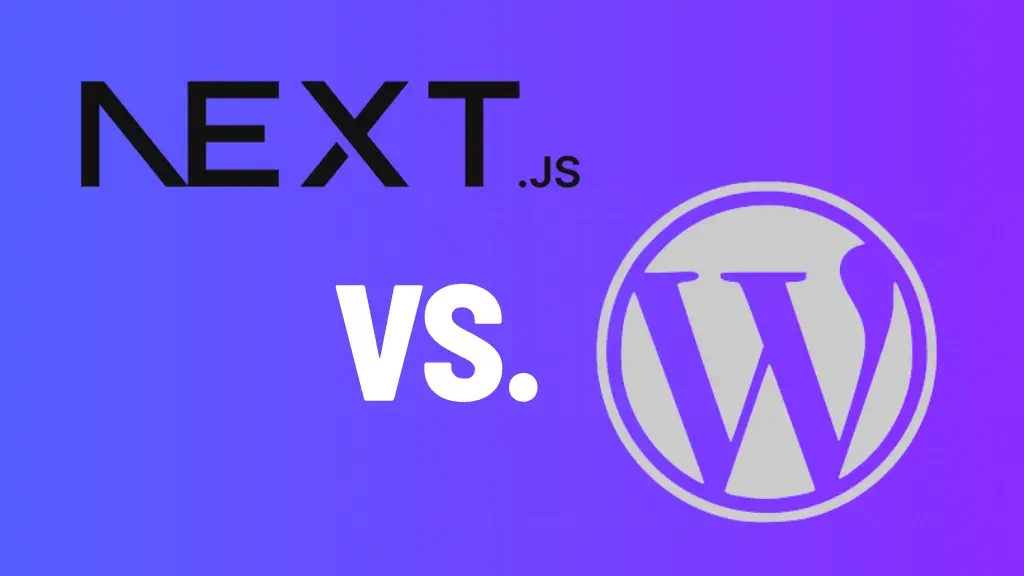If you’re starting a business in 2025, one of the first questions is: “What platform should I use for my website?” WordPress was popular for years, but now Next.js is rising fast. Let’s see why it may be the better choice.
WordPress: The Old Classic
What it is: A content management system (CMS) powering millions of websites.
Why people use it: Easy setup, lots of themes and plugins, no coding required.
Downsides:
- Can get slow with many plugins
- Security issues are common
- Customization often needs developers or expensive themes
Works fine for blogs, but can feel outdated for a modern startup.
Next.js: The Modern Solution
What it is: A modern web framework built on React.
Why startups love it:
- Super fast loading speeds – users don’t wait around
- Custom-made design – your brand looks unique
- SEO friendly – better Google rankings
- Scalable – grows smoothly with your business
- Secure – fewer vulnerabilities than WordPress
Next.js sites are faster, cleaner, and future-proof.
Head-to-Head Comparison
| Feature | WordPress | Next.js |
|---|---|---|
| Speed | Slower with plugins | Lightning fast |
| Design | Template-based | Fully customizable |
| Security | Frequent hacks | Strong & modern |
| Scalability | Can get heavy | Grows smoothly |
| SEO | Decent | Excellent |
| Long-Term Fit | Feels dated | Future-ready |
Why Next.js Is the Better Choice
Your website is often the first impression for customers, investors, and partners. Next.js ensures:
- Lightning-fast page loading on any device
- A unique, modern design
- Easy scaling without tech headaches
Final Word
If you just want a blog or hobby site, WordPress is fine. But for a serious startup in 2025, aiming for growth and professionalism, Next.js is the ultimate choice. Fast, flexible, secure, and built for the future — it helps your startup stand out.
